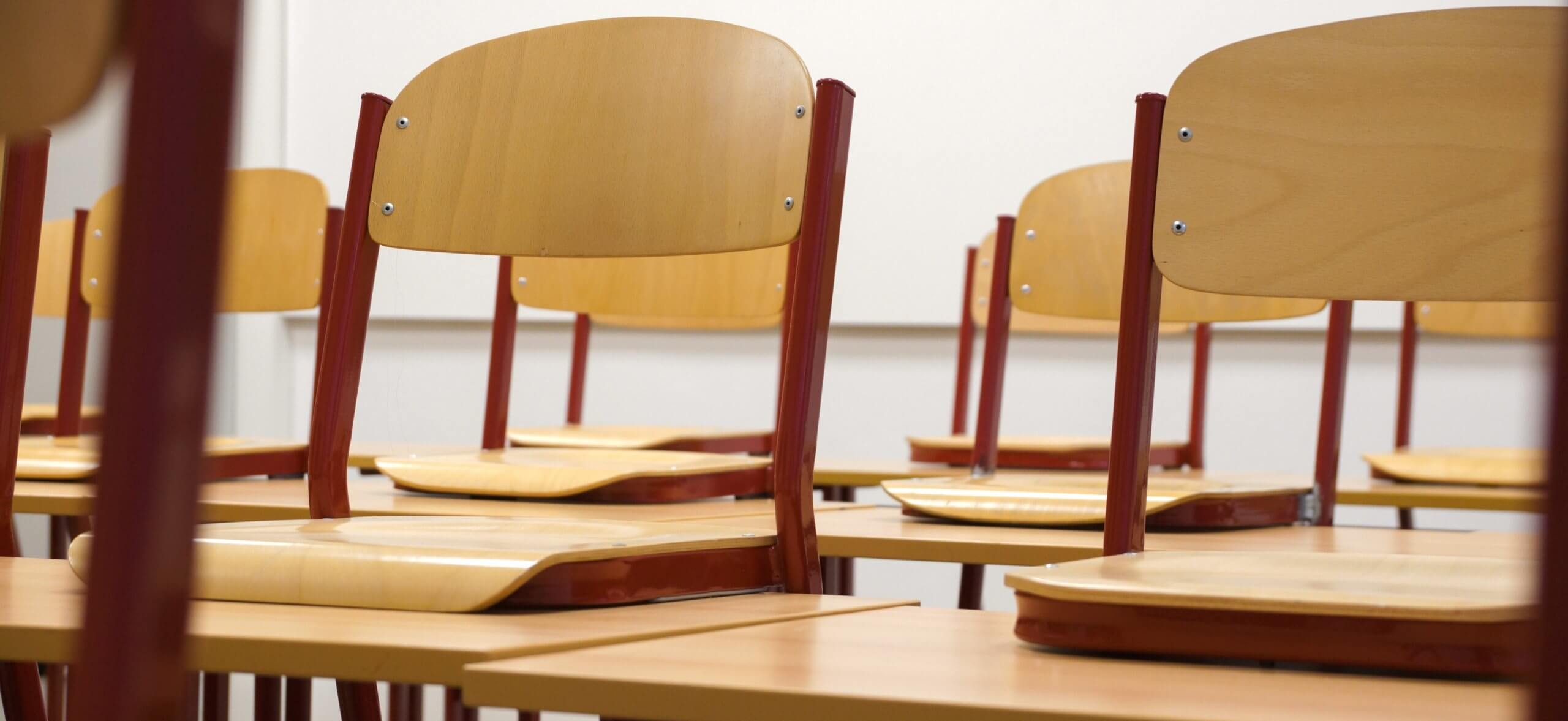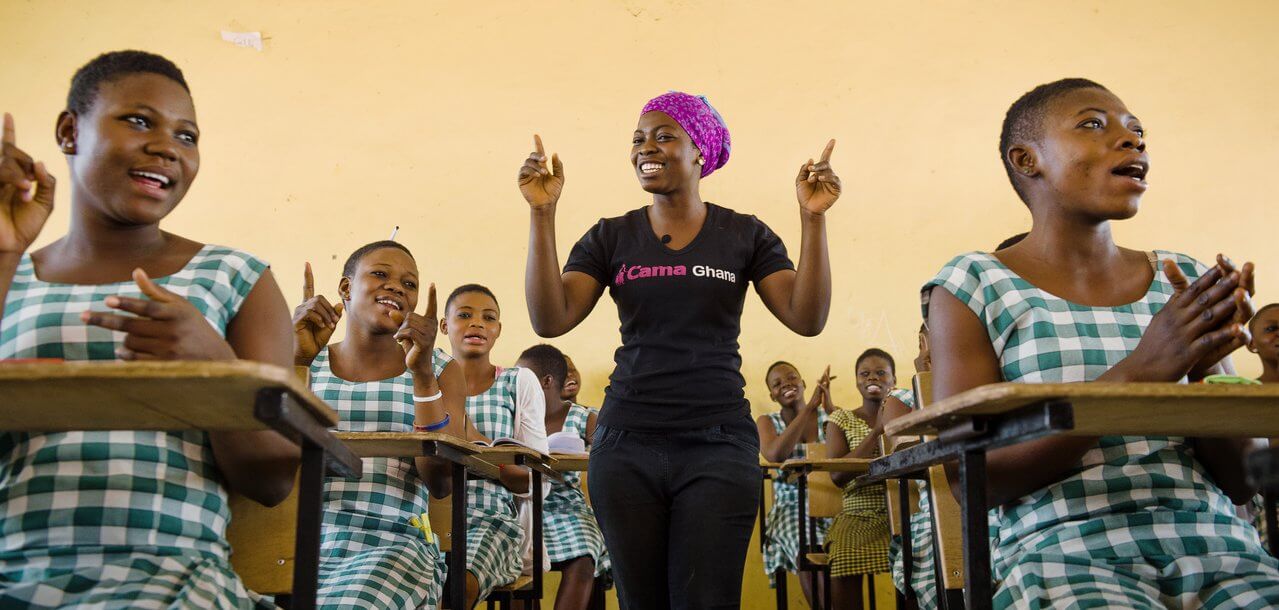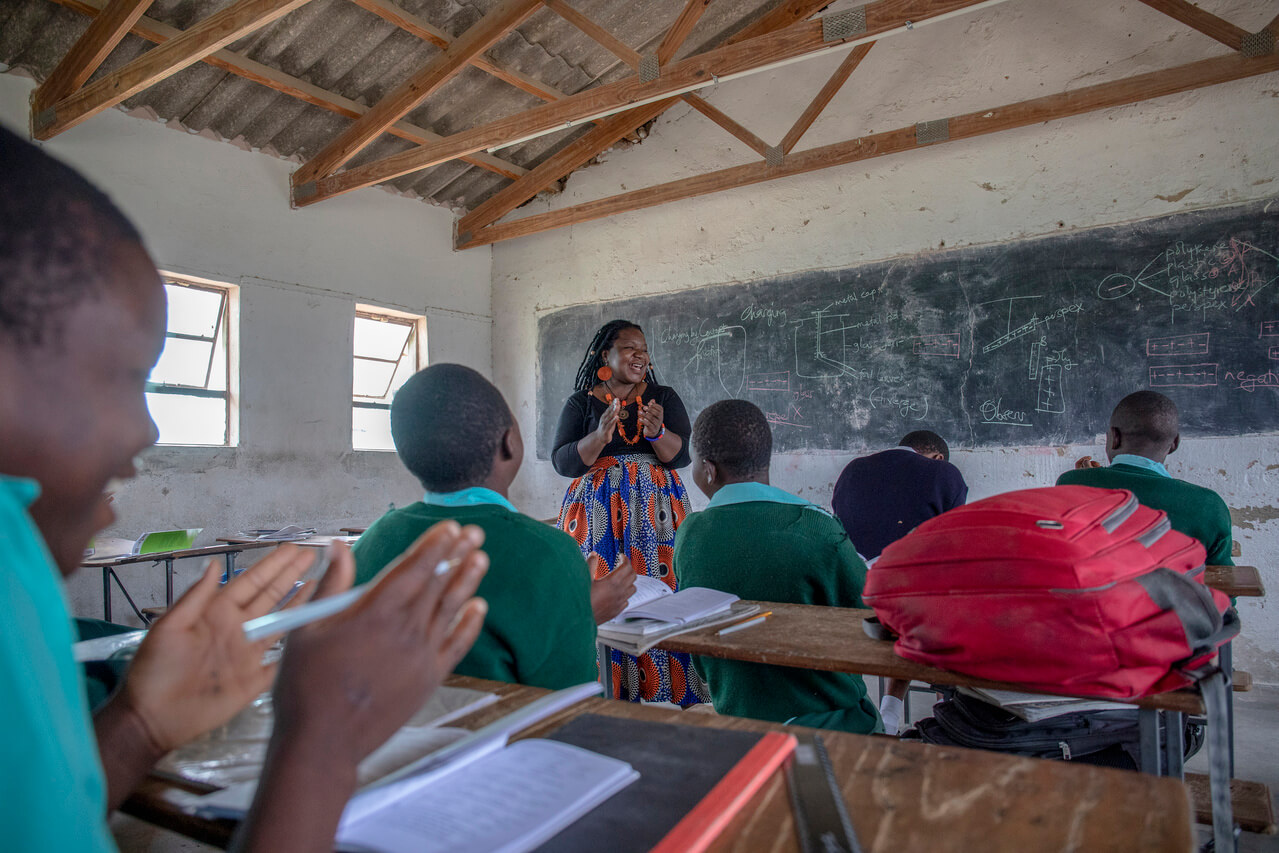Campaign for Female Education (CAMFED)
Support for girls’ education helps build a network of African female leaders
The Challenge
Fewer than half of all adolescents in Tanzania complete secondary education, and the portion of girls who reach that milestone is even smaller. For girls, the consequences of leaving school early include an increased susceptibility to early pregnancy and child marriage. Moreover, even when girls finish their schooling, they face obstacles to finding work and building financial security.
The Approach
CAMFED enables girls from disadvantaged backgrounds—particularly those who live in poverty and in rural areas—to attend secondary school. In partnership with community stakeholders, the organization provides both financial and nonfinancial assistance. CAMFED graduates join a network of alumnae and receive additional help during their post-school transition period.
Why We Invest
Since its founding in 1993, CAMFED (also known as Campaign for Female Education) has provided pathbreaking support to millions of girls. The organization works primarily in remote areas of sub-Saharan Africa, and it identifies and helps the poorest and most vulnerable girls who live in those communities. According to one study, CAMFED’s holistic set of interventions not only advances educational equity but also significantly improves learning outcomes among participants.
Graduates of the CAMFED program can join the CAMFED Association, a network that includes more than 150,000 alumnae. Along with helping women maintain connections with their peers, the association gives them an opportunity to mentor current CAMFED beneficiaries. Association members become powerful advocates in their home communities, and they are at the forefront of CAMFED’s leadership: Several members of its executive team are former beneficiaries of the organization. Underlying that pattern is a recognition that CAMFED alumnae are ideally suited to deciding how best to improve educational opportunity for girls who grow up in marginalized rural areas.
CAMFED alumnae act in other ways to help girls break down barriers to education. Many of them volunteer to become CAMFED-trained “learner guides,” who assist local teachers. (In return for their commitment, these alumnae gain access to no-interest loans, as well as accreditation that they can use to advance their education and employment goals.) In addition, each CAMFED alumna financially—and voluntarily—supports an average of more than three other girls in their quest to complete secondary school. This virtuous cycle reflects a principle that CAMFED places at the center of its work: “When you educate one, you educate many.” Equally important, CAMFED graduates form a growing cohort of educated African women who are driving change in their communities on many fronts.
Zuhura, a CAMFED learner guide, delivers a life skills session at a secondary school in Bagamoyo, Tanzania.
Photo: CAMFED/Eliza Powell
How We Partner
King Philanthropies supports CAMFED and its work in multiple countries and on multiple fronts. In Tanzania, CAMFED is using a grant from King Philanthropies to increase the number of girls whom it can help to attend—and thrive in—secondary school. Sponsored girls receive comprehensive financial assistance, life skills training, and psychosocial support. King Philanthropies funding also enables CAMFED to build out its post-school transition support program. After girls graduate, CAMFED alumnae confront new vulnerabilities as they shift from school to work. To help them manage that transition, the organization offers entrepreneurship training and business mentoring.
In Zambia and Zimbabwe, a grant from King Philanthropies is enabling CAMFED to expand its climate-related programming in several ways. Part of this funding goes toward increasing the number of girls who receive support to complete secondary education. (Research shows that improving girls’ education on a large scale has measurable climate benefits). In addition, the organization is using grant funds to develop school-based climate education resources and to train CAMFED alumnae to disseminate climate-smart agricultural techniques to rural communities. (Most CAMFED clients come from rural farming families that are deeply affected by climate change.)



